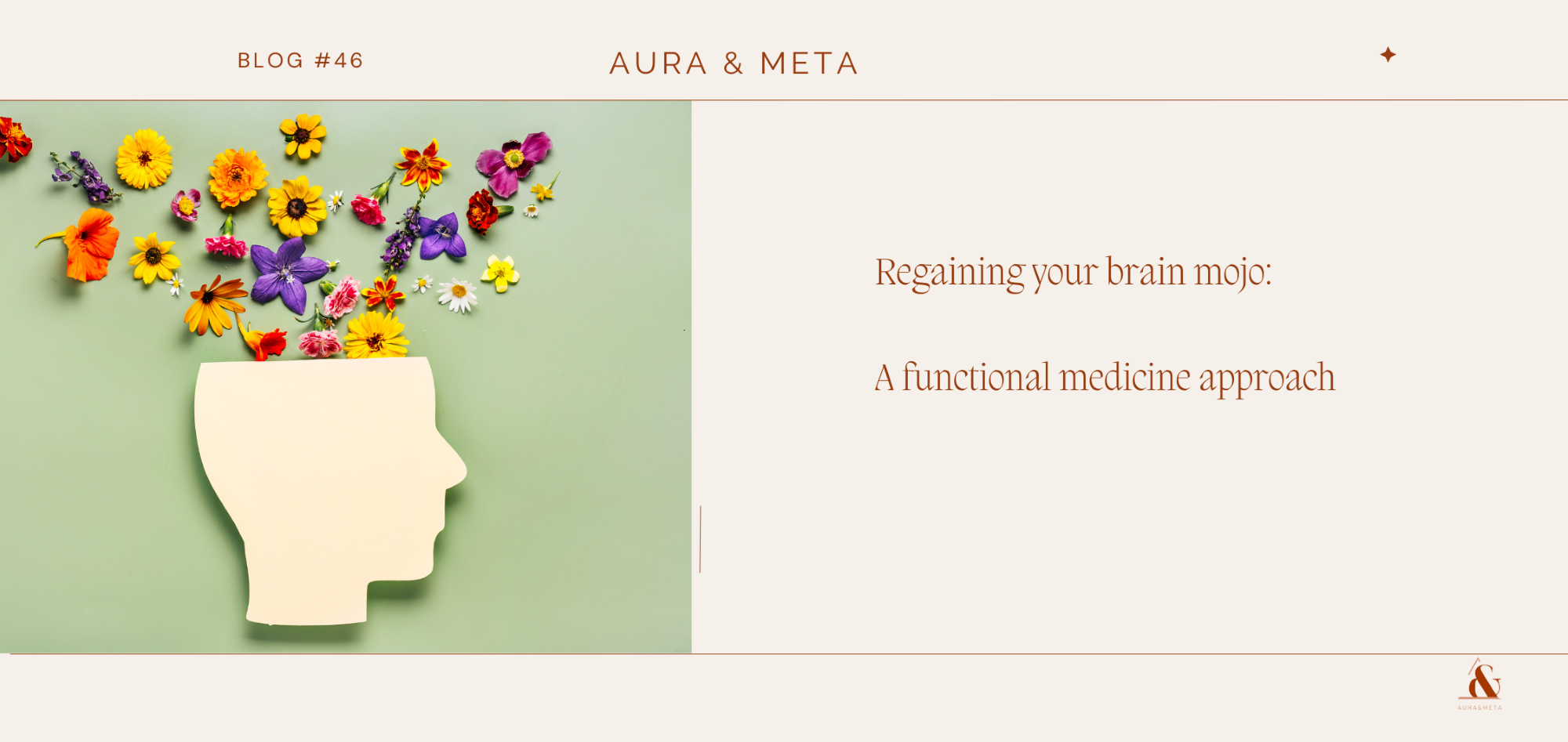As a nutritional therapist specializing in functional medicine, I often work with women over 40 who are navigating the challenges of perimenopause and menopause. Many experience frustrating symptoms like brain fog, lack of concentration, forgetfulness, and low mood. These symptoms can be particularly disconcerting, making one wonder, “Is my brain broken?” The good news is that these changes are often linked to hormonal shifts and can be managed effectively.
The Role of Hormones in Brain Function
Oestrogen’s Critical Role
Oestrogen is more than just a reproductive hormone; it plays a critical role in brain function, cognition, and mood regulation. During perimenopause and menopause, oestrogen levels decline significantly. This reduction can impact the brain’s plasticity—the ability to adapt and change—which is vital for memory, learning, and mood stability. Oestrogen also supports the production and function of neurotransmitters like serotonin and dopamine, which are crucial for mood regulation and cognitive function.
Impact on Brain Glucose Utilisation
Another factor contributing to these cognitive symptoms is the brain’s reduced ability to utilize glucose effectively. As we age, and particularly during menopause, the efficiency of glucose transport into the brain declines. This reduced glucose metabolism can affect energy levels and cognitive function, contributing to symptoms like brain fog and fatigue.
Key Areas of Intervention
To help women regain their energy and cognitive clarity, a multi-faceted approach is essential. Here are key areas of intervention:
- Mitochondrial Function Mitochondria are the powerhouses of cells, including brain cells. Supporting mitochondrial function can enhance energy production, reduce fatigue, and improve overall brain function. Nutrients like B vitamins, Coenzyme Q-10 and L-carnitine, are beneficial.
- Cholinergic Neurotransmission Choline is a precursor to acetylcholine, a neurotransmitter critical for memory and learning. Ensuring adequate intake of choline-rich foods like eggs, soy, and fish can support cognitive health.
- Synaptic Plasticity Synaptic plasticity, the ability of synapses to strengthen or weaken over time, is essential for learning and memory. Omega-3 fatty acids, found in fish oil, are known to support synaptic plasticity.
- Antioxidant Support Oxidative stress can damage brain cells and impair cognitive function. Antioxidants contains in vitamins C and vitamin E rich-foods, selenium rich-foods, and flavonoids from fruits and vegetables can help protect the brain from oxidative damage.
- Vascular Support Healthy blood flow is crucial for delivering oxygen and nutrients to the brain. Nitric oxide rich-foods such as beetroots and antioxidants rich-foods can support vascular health, ensuring proper blood flow.
- Energy Homeostasis Balancing blood sugar levels is critical for maintaining steady energy and cognitive function. A diet rich in fiber, lean proteins, and healthy fats can help stabilize blood sugar levels.
- Essential Co-Factors for Neurotransmitter Production Vitamins and minerals like B vitamins, magnesium, and zinc are essential for the production of neurotransmitters that regulate mood and cognitive function.
Navigating the cognitive changes that come with perimenopause and menopause can be challenging, but understanding the underlying causes provides a pathway to effective management. By addressing hormonal imbalances, supporting mitochondrial function, and optimizing brain health through targeted nutrition and lifestyle changes, women can regain their energy and mental clarity. At Aura & Meta, we offer comprehensive support tailored to your unique needs, helping you thrive during this transitional phase.
For more information on how we can support you through this journey, visit our services page or book a consultation with us today.

